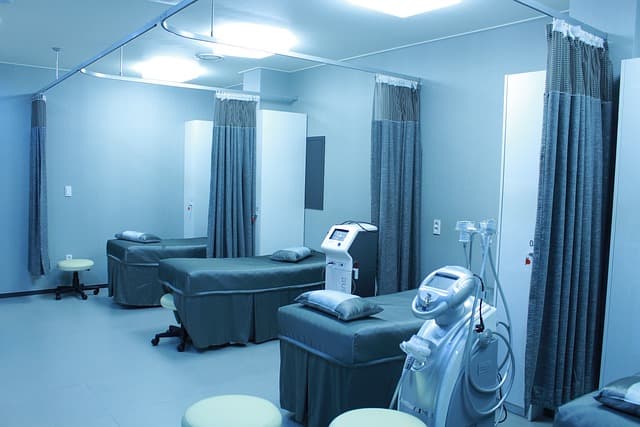Mastectomy is a surgery that leaves a profound mark on the lives of women facing breast cancer. Recovery after mastectomy is of utmost importance to the physical and emotional rehabilitation of female patients. In modern medicine, there is a growing emphasis on personalized approaches to recovery to offer customized solutions for each patient.
Understanding the uniqueness of each woman
Every woman is unique, and her experience with breast cancer and post-surgical recovery is also individualized. Personalized recovery approaches take this uniqueness into account and strive to provide solutions that best fit each patient’s needs, expectations, and physiological characteristics.
3D modeling for precise planning
One of the key tools of personalized approaches has become 3D modeling. With it, surgeons can create accurate three-dimensional models of each patient’s breasts. This allows for more precise planning of the reconstruction procedure and provides the patient with a visualization of the future result.
3D modeling helps patients better understand reconstruction options and discuss individual preferences and goals with the surgeon, making the decision-making process more informed and deliberate.
Innovative reconstruction techniques
Personalized approaches also include the use of innovative breast reconstruction techniques. Modern technology allows surgeons to offer a variety of reconstruction options, such as using implants or transplanting your own tissue.
Choosing the best reconstruction method depends on many factors, including the type of cancer, stage of disease, the patient’s health status, and her preferences. A personalized approach allows us to select the most appropriate method for each woman, ensuring the best possible outcome and satisfaction with the procedure.
Psychological support and emotional well-being
A personalized approach to recovery also includes providing psychological support and emotional well-being to the patient. It is important to realize that recovering from a mastectomy is not only a physical process, but also a difficult emotional period.
Psychological support helps patients cope with the emotional challenges associated with the reconstruction procedure and develops a positive attitude towards their new image. This contributes to successful adaptation to the changed appearance and increased self-confidence.
Personalized approaches to mastectomy reconstruction have become an integral part of modern oncology. They are designed to provide each patient with an individualized and optimal solution for successful adaptation to her new life after surgery. Such innovative approaches enable patients to overcome the challenges of breast cancer and rebuild their lives with confidence and optimism.
